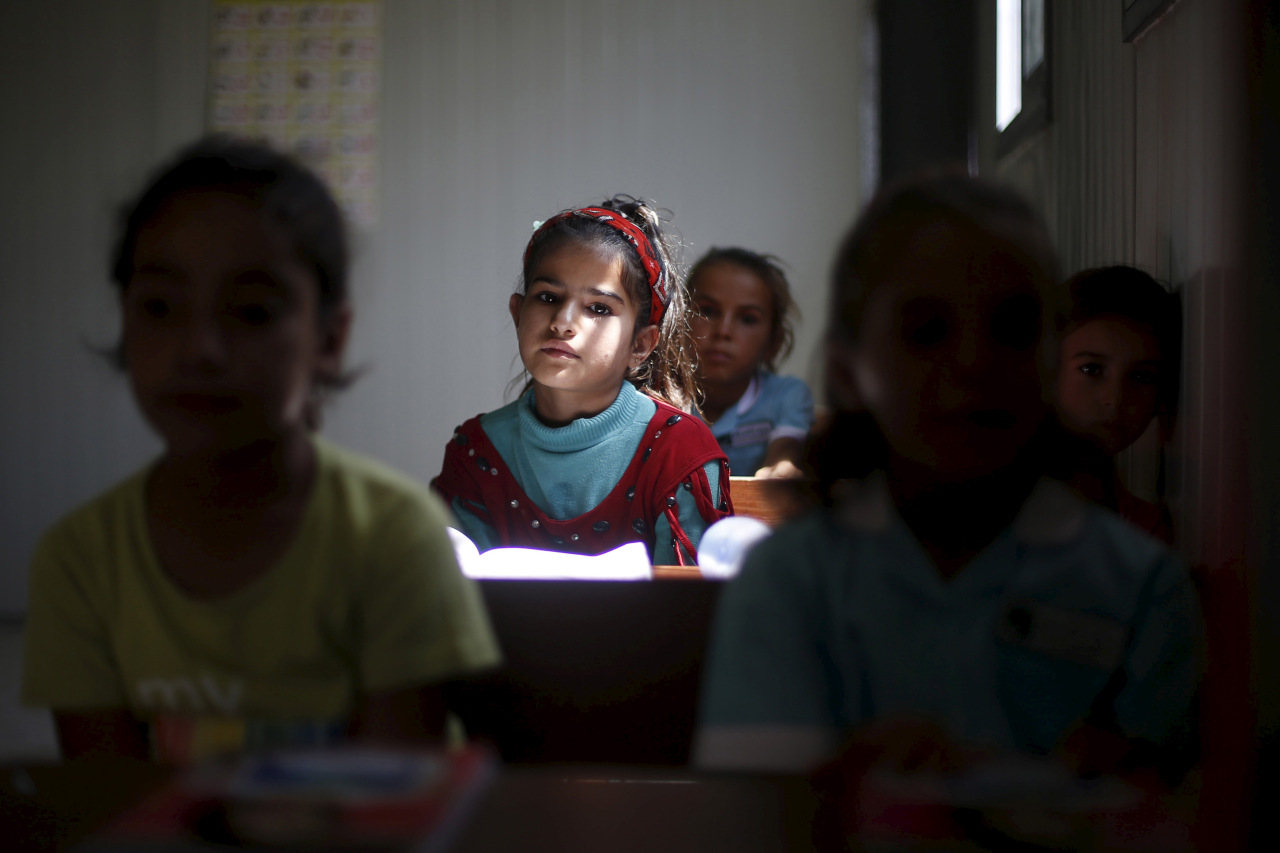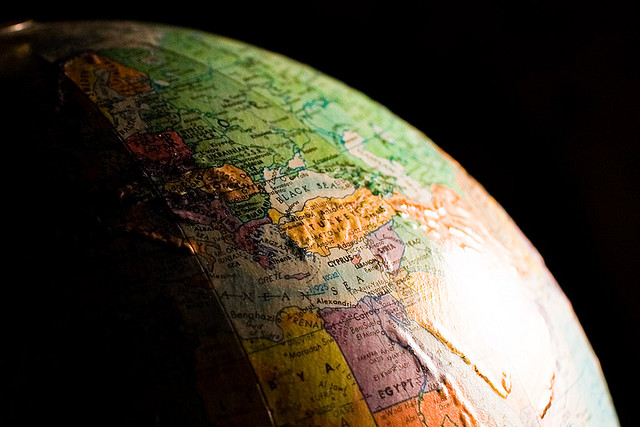By: Allison Skinner
Hours after Turkey’s Prime Minister Tayipp Erdogan yelled“Twitter, Mwitter!” (an English equivalent of “Twitter, Schmitter”) to thousands at a political rally, he rose to the ranks of angry dads who deny Xbox privileges by banning Twitter in Turkey. The following week Erdogan added to his anti-millennial campaign by banning Youtube as well.
Turkey’s digital-literate population, like younger citizens expertly escaping the house past curfew, have successfully circumvented the bans and have spearheaded an Erdogan smear campaign of tweets and videos.
The Twitter ban, initiated March 20, and the Youtube ban, established on March 27, stem from the release of wiretapped phone calls exposing Erdogan’s culpability to charges of governmental corruption. The phone records, released anonymously via Twitter, include conversations during which Erdogan ordered the removal of a news network critical of his leadership and a subsequent phone call to a justice minister to ensure a heavy sentence for another news network’s media boss on trial.
Erdogan verifies the authenticity of these phone calls by saying “we have to teach them” in reference to the media. However, Erdogan denies the legitimacy of a released phone call to his son where Erdogan requests the removal of large sums of cash from his home.
Erdogan’s fury erupted, tantamount to a familial outcry after a 16-year-old crashes the family’s car while sending a Snapchat, when an audio clip on Youtube revealed Turkey officials discussing a proposed military invasion in Syria. This latest disclosure prompted the Youtube ban.
“They even leaked a national security meeting,” said Erdogan at a political rally on March 30. “This is villainous, this is dishonesty … Who are you serving by doing audio surveillance of such an important meeting?”
Erdogan continues to grapple with his younger constituents, as if they were disobedient children. The Prime Minister appears flabbergasted as to why the public demands governmental transparency, and infuriated when anonymous whistleblowers use social media sites, such as Twitter and Youtube, to reveal widespread corruption.
Although Erdogan pioneered many democratic reforms in his 12 years as prime minister, he runs a strict household in regards to media and free speech. In 2008, courts issued a ban on YouTube that lasted two years because Google refused to remove videos insulting Turkey’s modern founder, Mustafa Kemal Ataturk, a crime under Turkish law. In 2012, Turkey ranked higher than China and Iran in its number of jailed journalists, with 104 journalists serving time for doing their jobs. In the summer of 2013, plans to replace a historical park with a shopping mall sparked environmental protests and expanded into a broad critique of Erdogan’s rule. These protests received international attention because of the government’s denial of the right to peaceful assembly and the use of excessive police brutality.
Some critics argue Erdogan is a textbook case for illiberal democracy because he is not bound by rule of law and shows little respect for civil liberties. These criticisms often fall silent on Washington’s ears because Turkey represents an outlier of Muslim nations in the Middle East with a successful economy and acceptance of democratic functions. Also, an alliance with Turkey lends border access to countries such as Syria, Iraq, and Iran.
Erdogan harnesses all the powers afforded by his leadership, but fumbles when handling his citizens active on social media sites. Turkey’s Twitter and Youtube users have adopted the attitudes of smug, rebellious children by easily bypassing the recent social media restrictions.
Within hours of the Twitter ban, many of Turkey’s 12 million twitter users were able to evade the Twitter ban by altering domain name systems on their devices. Soon enough, Twitter became the arena for Erdogan political cartoons, creative ways to subvert the ban, and trending hashtags such as “#OccupyTwitter” and “#TurkeyblockedTwitter.” One creative protester created a Twitter alternative for Turkey called “Mwitter” as a nod to Erdogan’s “Twitter, Mwitter” comment. The Twitter ban backfired enough that Brandwatch, a social media analysis firm, charted a 138 percent increase in Twitter use in Turkey since the ban was announced. Turkish users have dodged the Youtube ban by using other video-sharing sites such as Vimeo.
Parental tactics such as yelling about Internet evils and taking away social media privileges show no sign of ceasing on Erdogan’s part. However, Turkey’s defiant and digital-conscious population has yet to fear limitations on their bad-mouthing antics so long as they can exercise the right to infuriate their very, very angry leader.


